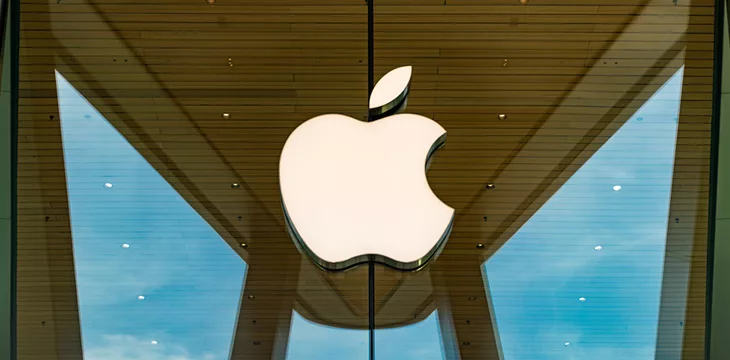|
Getting your Trinity Audio player ready...
|
Apple (NASDAQ: AAPL) is reportedly closing in on a massive artificial intelligence (AI) pivot in the coming days with a suite of offerings for its users, but a move from on-device solutions has triggered some skepticism from critics.
The tech giant is reportedly set to formally announce plans for a wholesale adoption of the technology at its Worldwide Developer Conference on Monday. Early reports trickling out of the company suggest that the AI system will be christened Apple Intelligence and will see the firm leverage a string of ecosystem partnerships.
Although the conference is expected to introduce innovations to the Apple Watch and the Vision Pro headset, AI is touted to be the central theme of the event. With the keynote address scheduled to run for at least two hours, attendees can expect AI reveals to occupy over 70% of the speech.
Experts are predicting a large-scale introduction of AI into a cross-section of Apple products with a minimal focus on image and video generation, compared to other technology firms. The company will power its AI offerings with resources from OpenAI and its own in-house developments.
For the first time, the company will deviate from its mantra of on-device AI functionalities to embrace cloud offerings. While critics are chiding the company over the pivot, the keynote address will seek to resolve lingering privacy and data handling questions by shedding light on precautions.
The precautions will revolve around a new “confidential computing technique” designed to operate as a virtual black box to protect user data on the cloud. Users are angling to see if the keynote address will answer whether or not the black box feature will be impervious to subpoenas.
For use cases, the AI push is expected to favor summarization functionalities, especially for web pages on its native Safari browser. There is a planned extension of the summarization feature to emails and text messages and an AI-backed feature to catch up on missed notifications.
Leveraging the power of generative AI, Apple users will be able to generate intuitive responses to emails or text messages in a manner comparable to mainstream large language models (LLMs).
There are also plans to retrofit Siri with advanced capabilities to bring it up to par with rivals. Armed with new AI functionalities, the voice assistant is expected to be able to perform complex tasks like photo editing and the ability to “string multiple commands.”
Early wins for Apple
Apple is finding its stride with a string of successes. Last month, the firm rolled out eight small language models (SMLs), turning to an open-source strategy to trigger industry-wide adoption.
Experts say the company has several comparative advantages over its competitors for its combination of VRAM with device RAM and its slow-and-steady approach toward mainstream integration. Deals with OpenAI and an incoming AI-focused chip are considered major positives in Apple’s attempt at closing the yawning gap between it and its peers.
In order for artificial intelligence (AI) to work right within the law and thrive in the face of growing challenges, it needs to integrate an enterprise blockchain system that ensures data input quality and ownership—allowing it to keep data safe while also guaranteeing the immutability of data. Check out CoinGeek’s coverage on this emerging tech to learn more why Enterprise blockchain will be the backbone of AI.
Watch: AI & blockchain will be extremely important—here’s why

 03-02-2026
03-02-2026 




